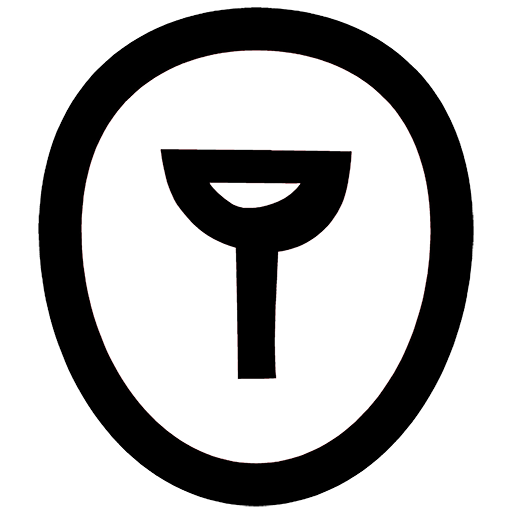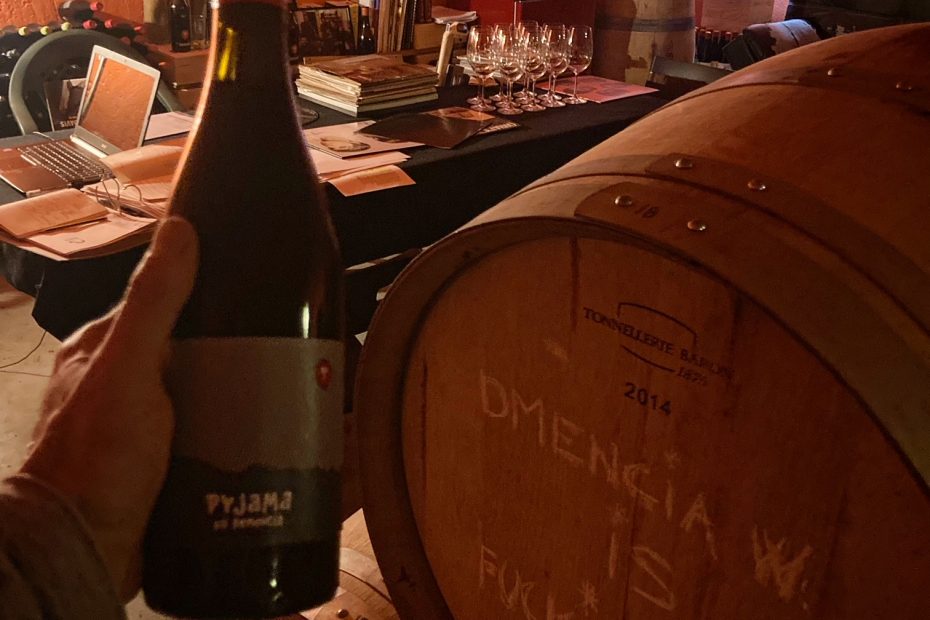Ellen arrived in Bierzo during autumn, having completed her winemaking degree with the aspiration of creating a distinctive Mencía wine. Exploring the countryside in Villafranca del Bierzo, she encountered a well-known vineyard and approached an old man tending to the vines.
«What are you doing?» Ellen inquired.
«I’m taking care of the plants, establishing ties. If you do, your plants will be unique in the world, and the wine desired,» the old man replied.
Impressed, Ellen thought Bierzo was an ideal place to learn and create a unique wine, emphasizing the responsibility of establishing ties with the vines.
Paper wine
Later, in pursuit of winery procedures, Ellen visited a Bierzo appellation and encountered a businessman. Breaking the silence, she greeted him.
«Good morning,» Ellen said.
«Three and two make five. Five and seven make twelve. Twelve and three make fifteen. Good morning,» the businessman replied, seemingly preoccupied with calculations.
Confused, Ellen asked, «Fifteen what?»
The businessman, realizing he couldn’t escape the question, admitted, «I count millions of liquid liters.»
«Ah, you mean wine?» Ellen clarified.
«Yes, that’s it. Wine,» he confirmed, revealing he owned but didn’t work the vineyards or participate in winemaking.
Perplexed, Ellen questioned the purpose of owning the wine. The businessman asserted it made him rich, enabling him to own more wine from other growers.
Unimpressed, Ellen found this man unfair and further probed, «Is it possible for one to own the wine made by others?»
«It belongs to me because the law allows it. When I find a wine from Bierzo, it’s mine. I have taken out a patent on it,» he explained.
It is not going to be the place
Ellen, dissatisfied, realized Bierzo might not be the place to learn and create a unique wine. Disheartened, she found herself speechless, as the old man cares for his vineyard every day, while businessmen own the wine without any genuine connection to the winemaking process. Ellen arrived in Bierzo.

